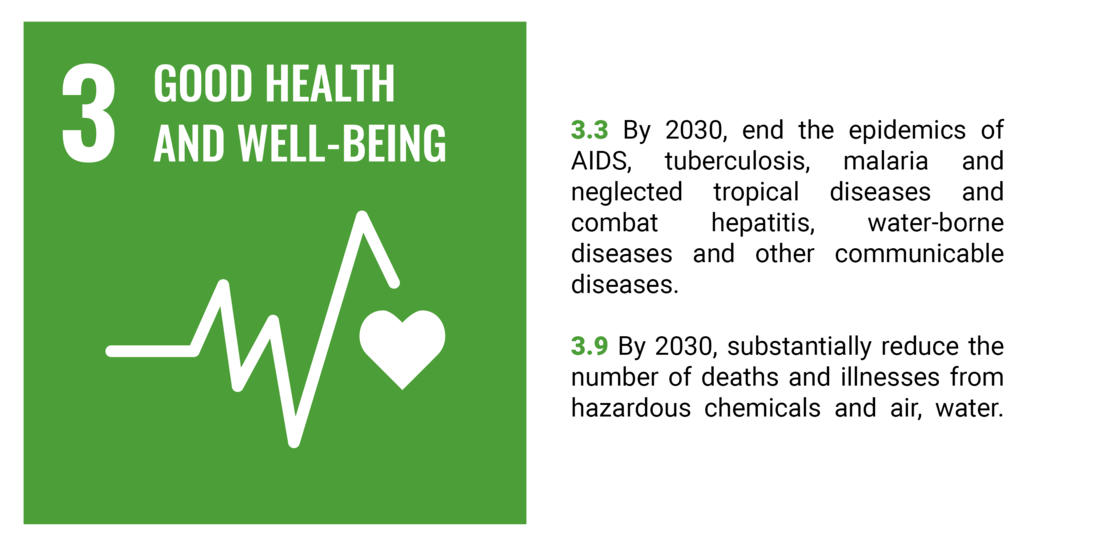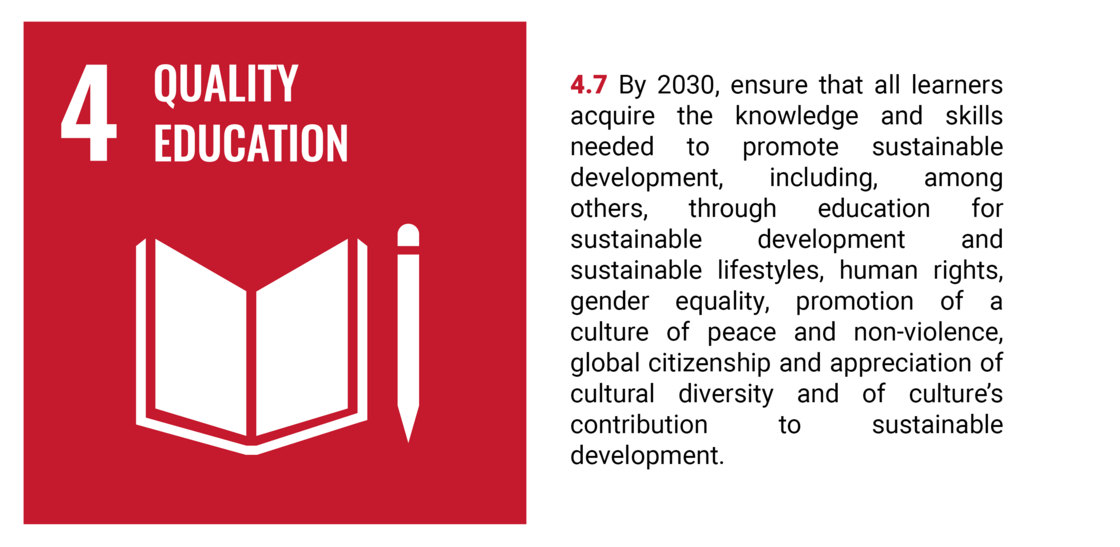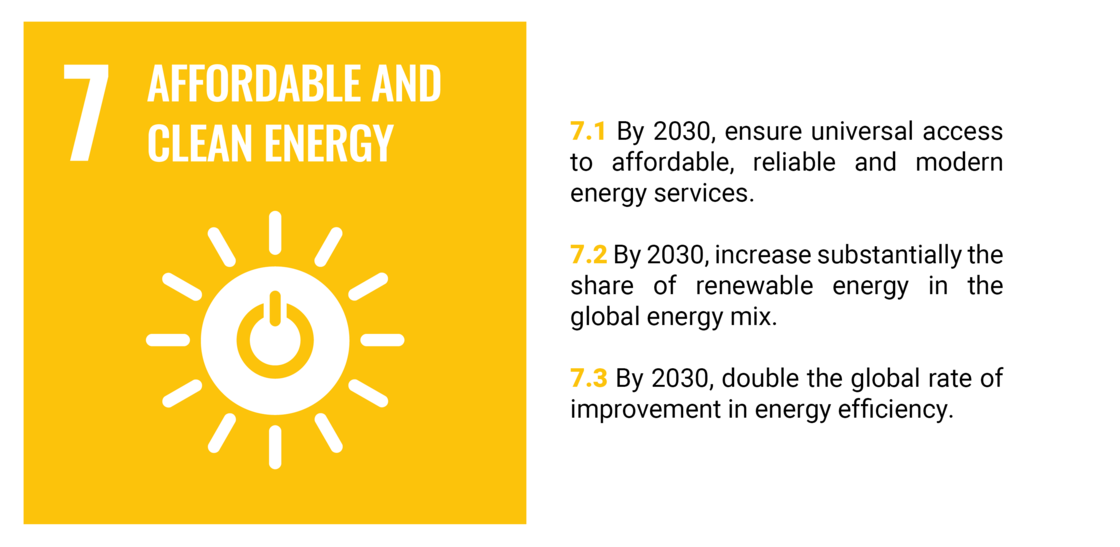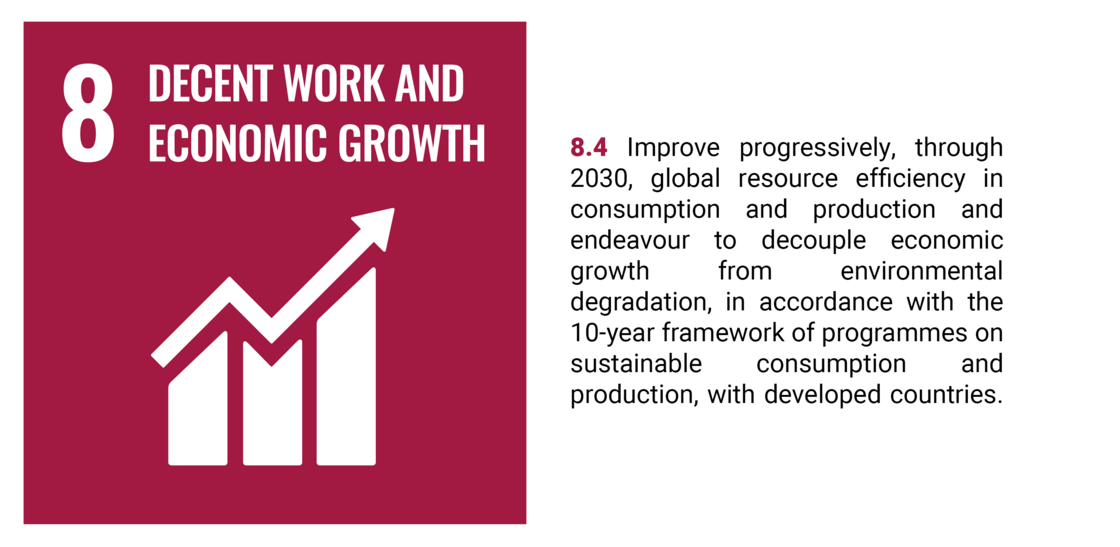Sustainable Cities
By the year 2030, 60% of the world’s population will live in cities. The ever-growing urban society leads to increasing pressure on the built environment, the carbon footprint, natural resources, and raw materials. We believe in the creation of the sustainable city: an aggregation of people, activities (producing, consuming), infrastructures and buildings, which is inclusive and equitable for its people and protective of its nature and the planet. Cities can become more sustainable through new approaches to urban planning, affordable and zero-energy housing, wastewater treatment, waste reduction and re-use of materials, and via circular products and buildings. We envision that current and future inhabitants of the sustainable city will be active participants in its responsible development for the well-being of all.
Skills and competencies in critical areas
We offer courses and programmes on novel approaches and smart technological, social and policy innovations. These can be successfully and profitably applied to the design, construction, and management of the built environment to make it livable and sustainable. The focus is on critical areas such as:
- Global and local urban challenges, to understand how to balance local needs with global goals. To analyze and propose long-term solutions to global urban challenges such as climate change, rapid urbanization and inequality, and a variety of local issues (e.g., traffic congestion, housing shortages, pollution).
- Nature-based systems and microclimates, to mitigate heat islands, improve air quality, and promote an ecological balance in cities through improving the urban environment and its microclimates. This includes enhancing biodiversity, providing clean water and sanitation, and integrating green infrastructures.
- Sustainable building innovation, to integrate eco-friendly materials, energy-efficient technologies, and environmentally conscious design to reduce environmental impact. To understand and apply innovations that prioritize renewable resources, minimize waste, and promote energy conservation, fostering structures that harmonize with nature while meeting human needs.
- Critical urban flows, to improve the flow of resources and energy within a city, encompassing the inputs, outputs, and transformations of materials. To analyze the dynamic processes of consumption, waste generation, and environmental impact to optimise resource use, reduce waste, and enhance overall efficiency.
- Slow urban mobility and smart infrastructures, to design and create sustainable and efficient solutions that prioritize accessible public transport, pedestrian-friendly infrastructure and cycling networks. To devise appropriate city planning to reduce reliance on private vehicles, encourage active transportation, and foster a sense of community through the creation of safe and enjoyable urban spaces.
- Resilience and response strategies, to be prepared for shocks and stresses, like climate change or pandemics. To develop strategies that include infrastructure, planning, and community engagement to ensure adaptability, resource efficiency, and social equity, fostering long-term viability and an improved quality of life.
For whom
Our courses and programmes are specifically tailored to urban planners, construction consultants and construction commissioners, architects, specialists, and lecturers who wish to build their knowledge and skills to improve their use in all aspects of daily life, society, and the economy.
They are also of value to other interested professionals such as policy makers, consultants, and social entrepreneurs.
United Nations Sustainable Development Goals
Our courses and programmes are aligned with several of the UN SDGs. By equipping learners with the necessary knowledge and skills, we aim to accellerate the positive impact individuals and organisations can have on the challenges we collectively face. Our Sustainable Cities portfolio contributes to the goals below.










